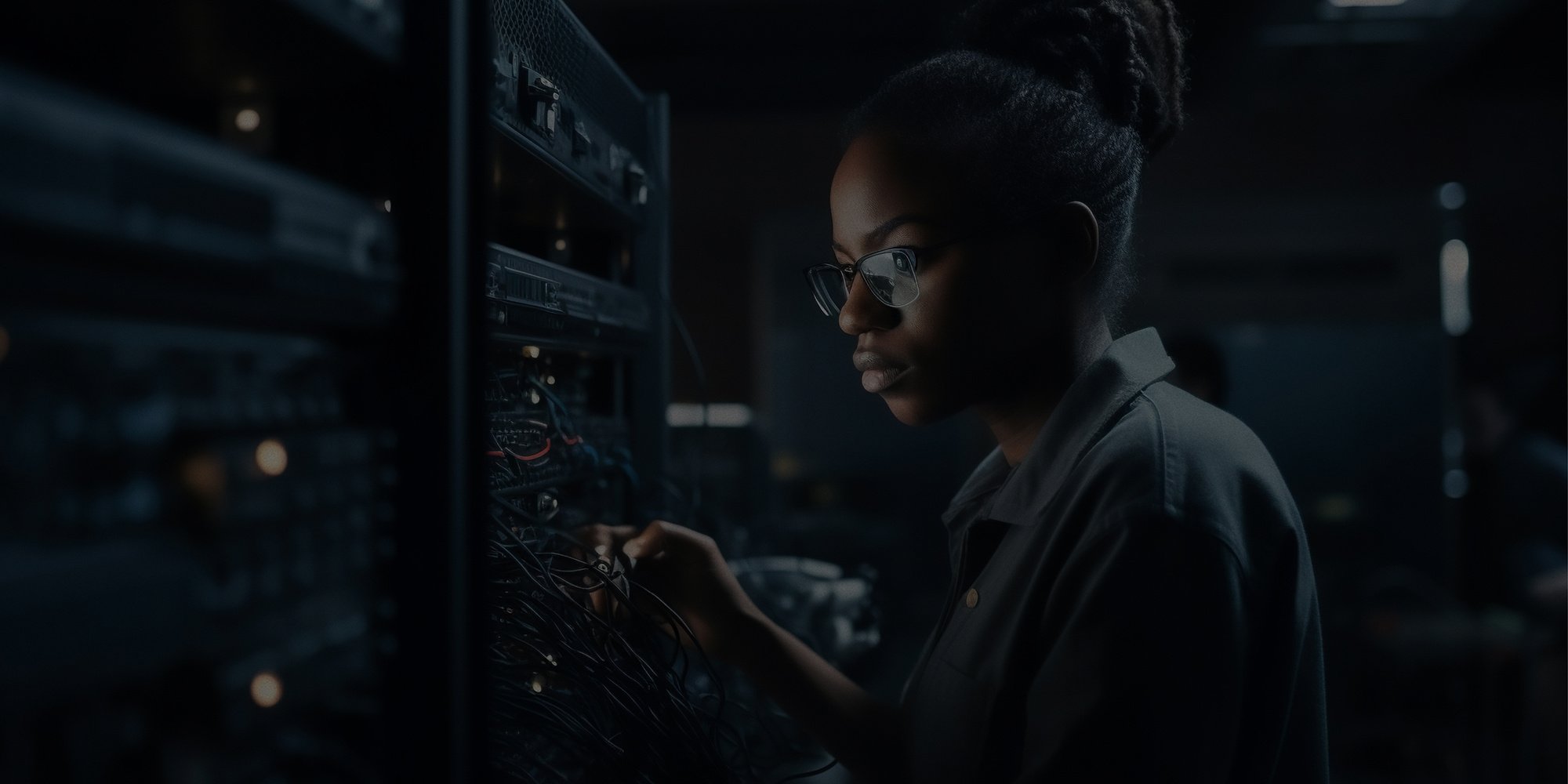Do's and Don'ts of a Good Interview — For the Interviewer

One of the most important steps in hiring an employee is having the ability to conduct quality interviews. Each interview is an employer’s chance to gather information from a candidate that expands their knowledge of the job and qualifications to see if they’re right for the position. On the flip side, it’s also a chance for the applicant to gain information about the business and the position to help them decide whether the job is a correct fit. Therefore, it’s imperative to conduct a seamless interview, especially if you’re new to the hiring process.
While everyone has different ways of conducting an interview, here are the do’s and don'ts that every interviewer should follow to be the most effective.
DO’s
- Establish rapport.
Greet the interviewee with a smile, firm handshake, and a few casual statements (the weather, their commute, etc.) — then outline the objectives and structure of the interview. - Gather information.
Go over specific information from the interviewee’s resume and make sure everything lines up. Be sure to use open-ended questions and always follow up a yes or no answer with an open-ended question. - Give information about your business.
When conducting an interview, you must sell your business. Do this after you’ve let the applicants answer all your questions. If you open the interview with information about the role, they can adapt their answers to fit what your company is looking for. - Close the interview.
Thank the interviewee for their time and interest. Make sure to communicate next steps and when to expect to hear from the company. - Evaluate your notes and compare candidates.
After the interview, complete an evaluation form, or note specific information about the candidate wherever possible. Finally, rate the candidate based on how well you think he or she did, and if the interviewee would be a good fit for the job.
DON'Ts
- Be late.
Candidates usually arrive to interviews either on time or early to make a good first impression. If the interviewer is running late and leaves them waiting it will look like you don’t think the interview is important. - Be unprepared.
It’s important that the interviewer takes the time to read over the candidate's resume. By not preparing in advance, it’ll seem that you’re uninterested in their qualifications or run the risk of asking irrelevant questions, leaving the candidate less than impressed. - Be too friendly or ask inappropriate questions.
You must remain professional while conducting an interview, it’s not the time to spark new friendships. You may ask what they like to do in their free time, but it’s important you stick to employment-related questions. Asking questions about their age, religious affiliations and political preferences should always be avoided. - Be vague about the hiring process.
While conducting an interview you want to be direct and to the point when explaining how the hiring process for your company works. You must tell the interviewee what the next steps will be, and what they should expect in the upcoming days or weeks. If an interviewer fails to do this, there will be a lot of confusion between the two of you. Also, if you don’t discuss next steps, it’ll seem like you weren’t interested in the candidate in the first place. - Be too talkative.
The interviewer should never dominate the conversation — the interviewee needs to be doing most of the talking. Allowing the candidate to speak and answer your questions thoroughly will help you get an understanding of their qualifications and if they’re a right fit for the job. - Be uninterested.
It’s imperative that the interviewer looks interested in the interview and what the candidate has to say. Candidates spend a lot of time preparing for the interview and they deserve to have all your attention. It’s never a good look for the interviewer or the organization when the interviewer shows up unenthusiastic, bored and doesn’t even pretend to care what the candidate has to say.
Conducting an interview is just as hard as being interviewed, especially if you’re new to the process. The most important thing to remember is that being a great interviewer comes with practice and effort. Gaining first-hand experience can help you gain the necessary skills to become a quality interviewer who will hire the best person for the company.
Related news
A Guide for Conducting a Smooth Virtual Interview
As the world shut down in 2020, employers had to adapt quickly to a new way of talent acquisition...
Closing Candidates with Great Video Interviews
You have mission-critical roles to fill across the business. The video interview is a critical...
5 Tips for Acing the Remote Interview
Remote interviews are now the norm. As conditions change in different parts of the world, there is...






